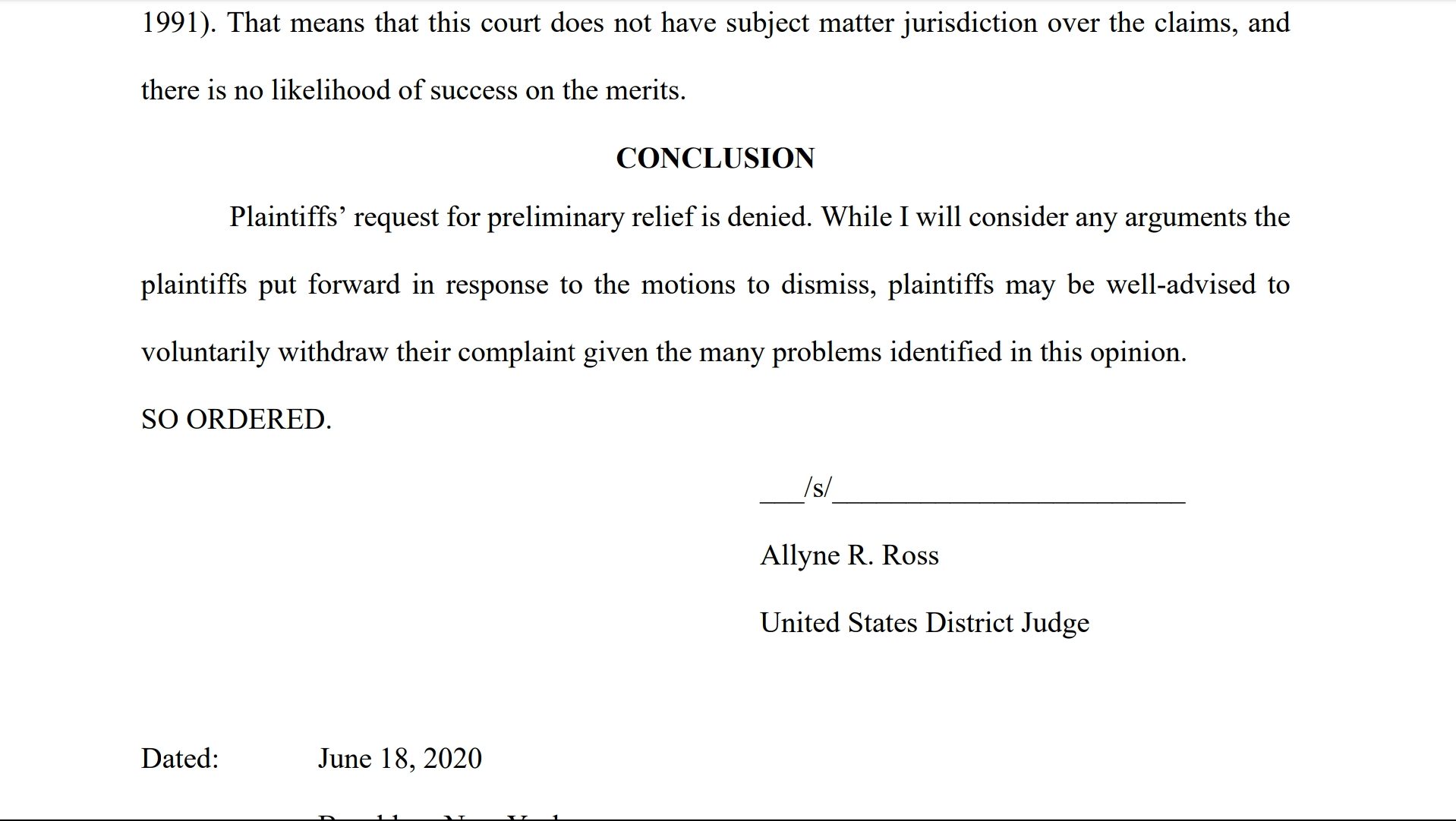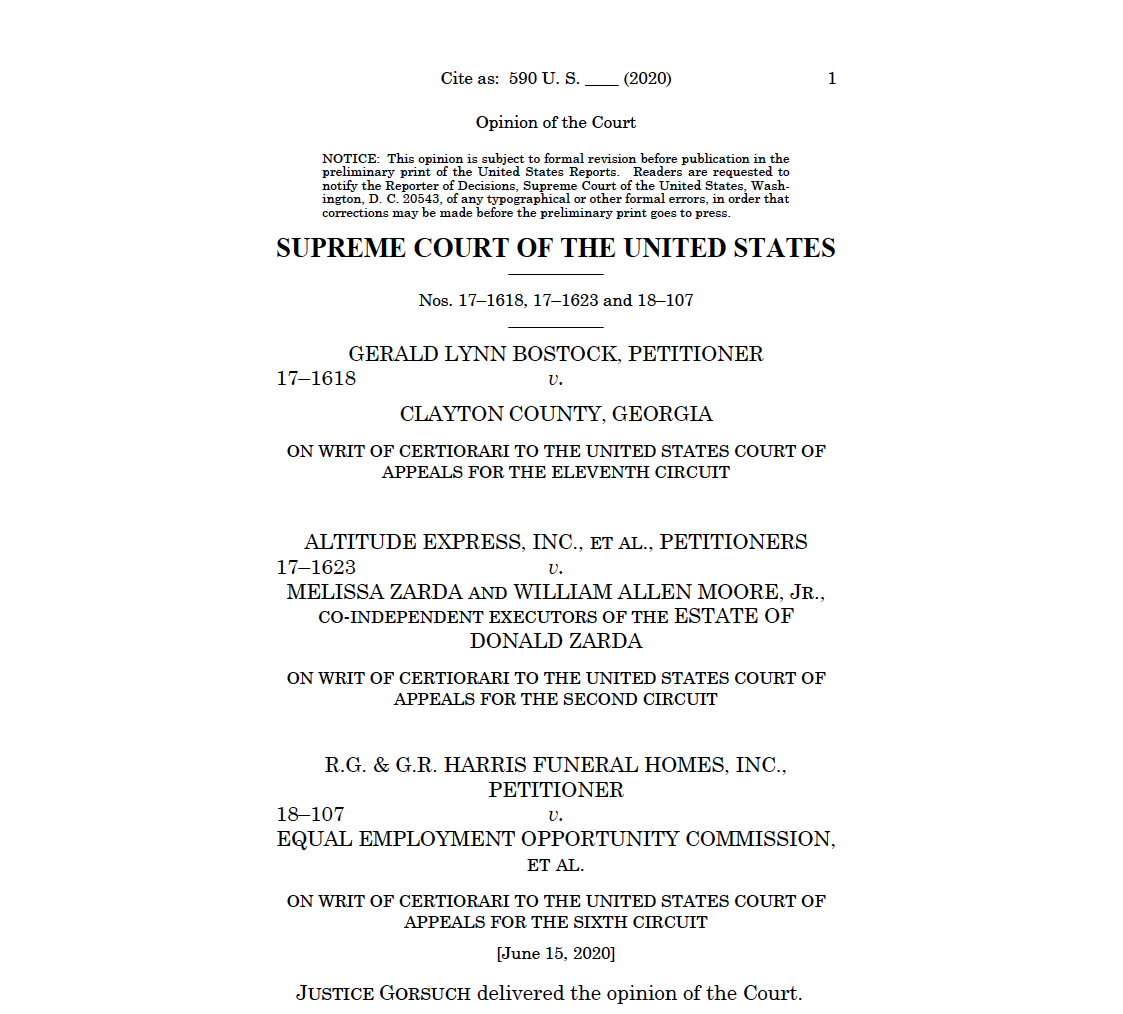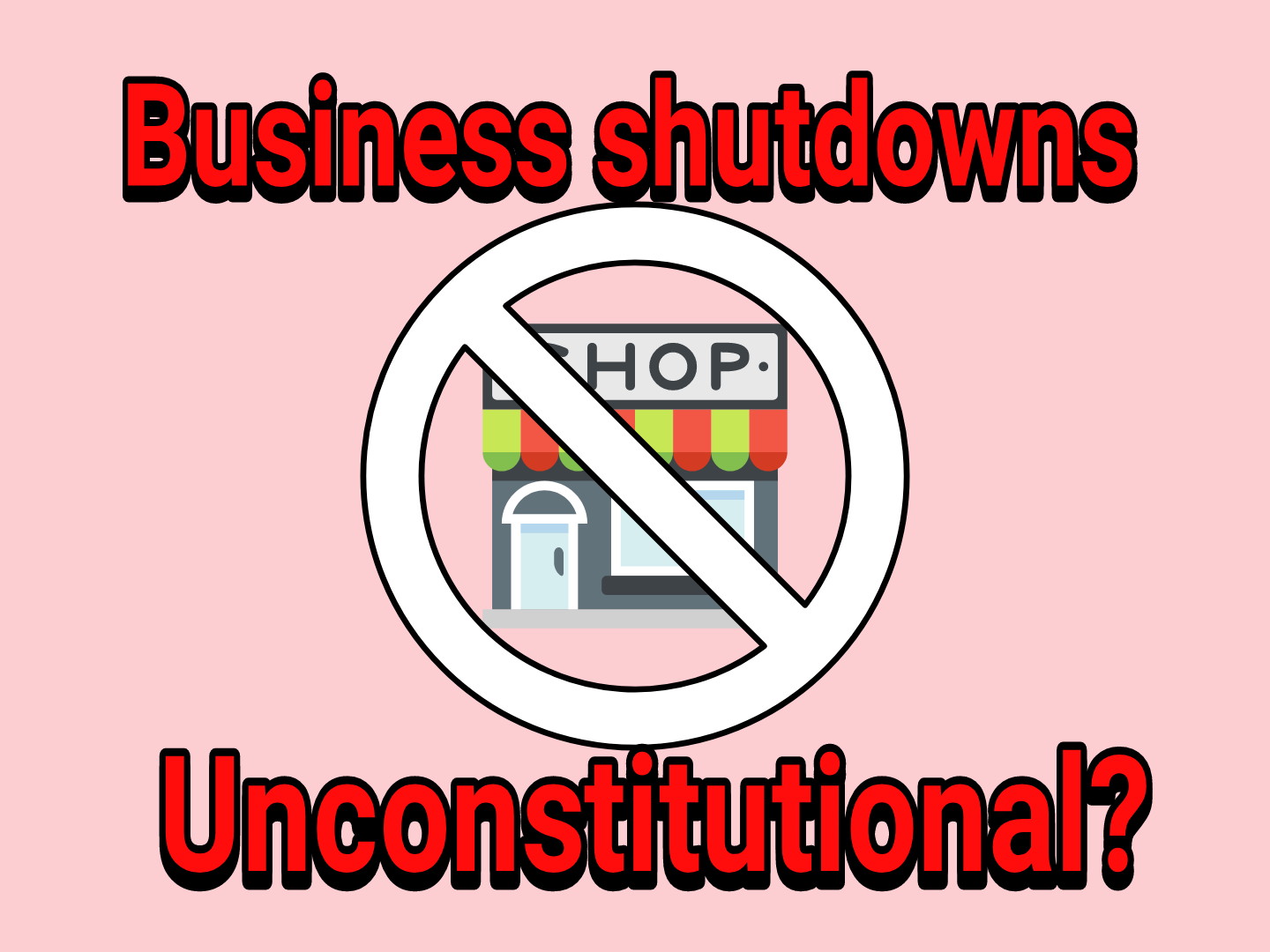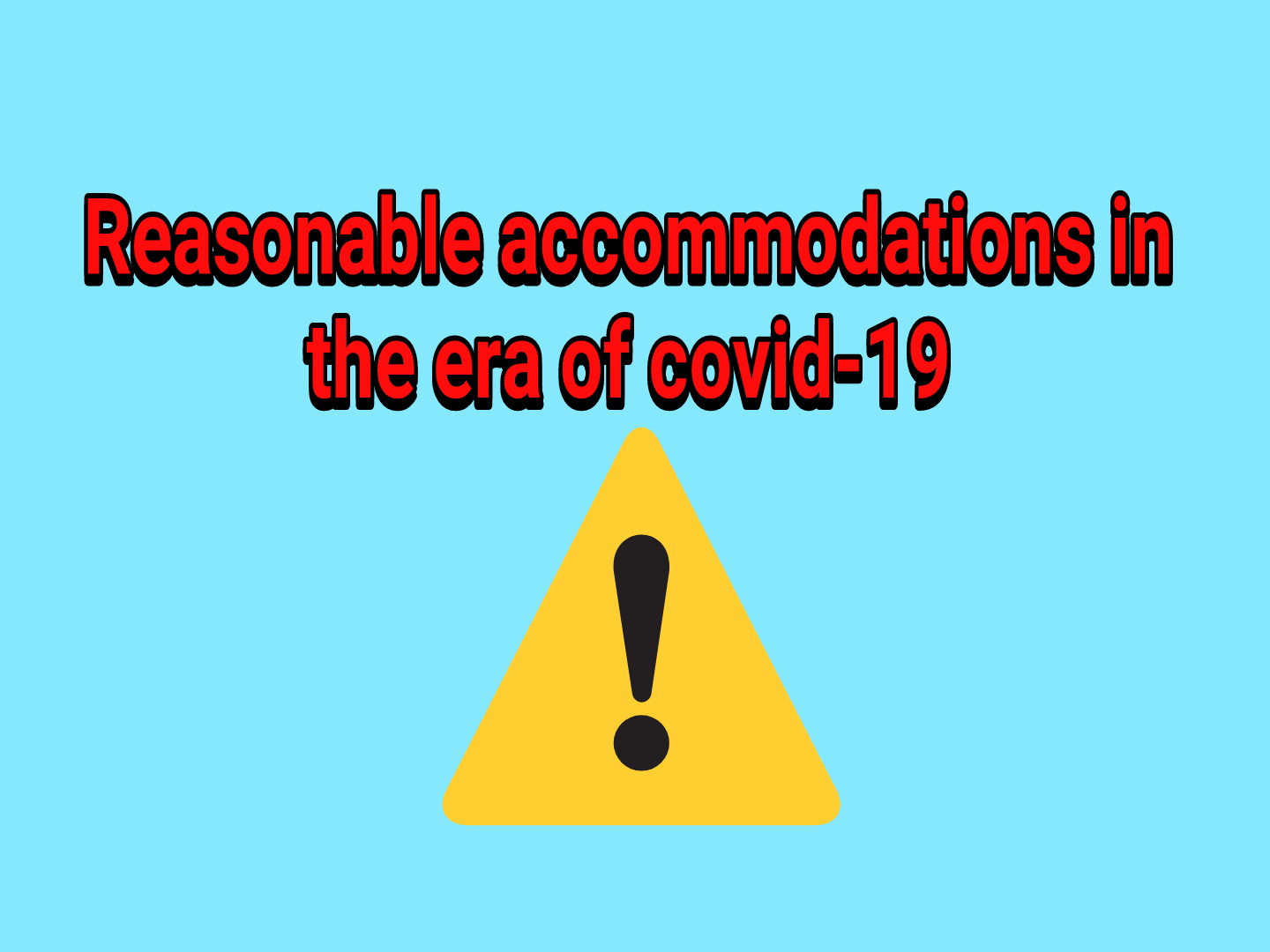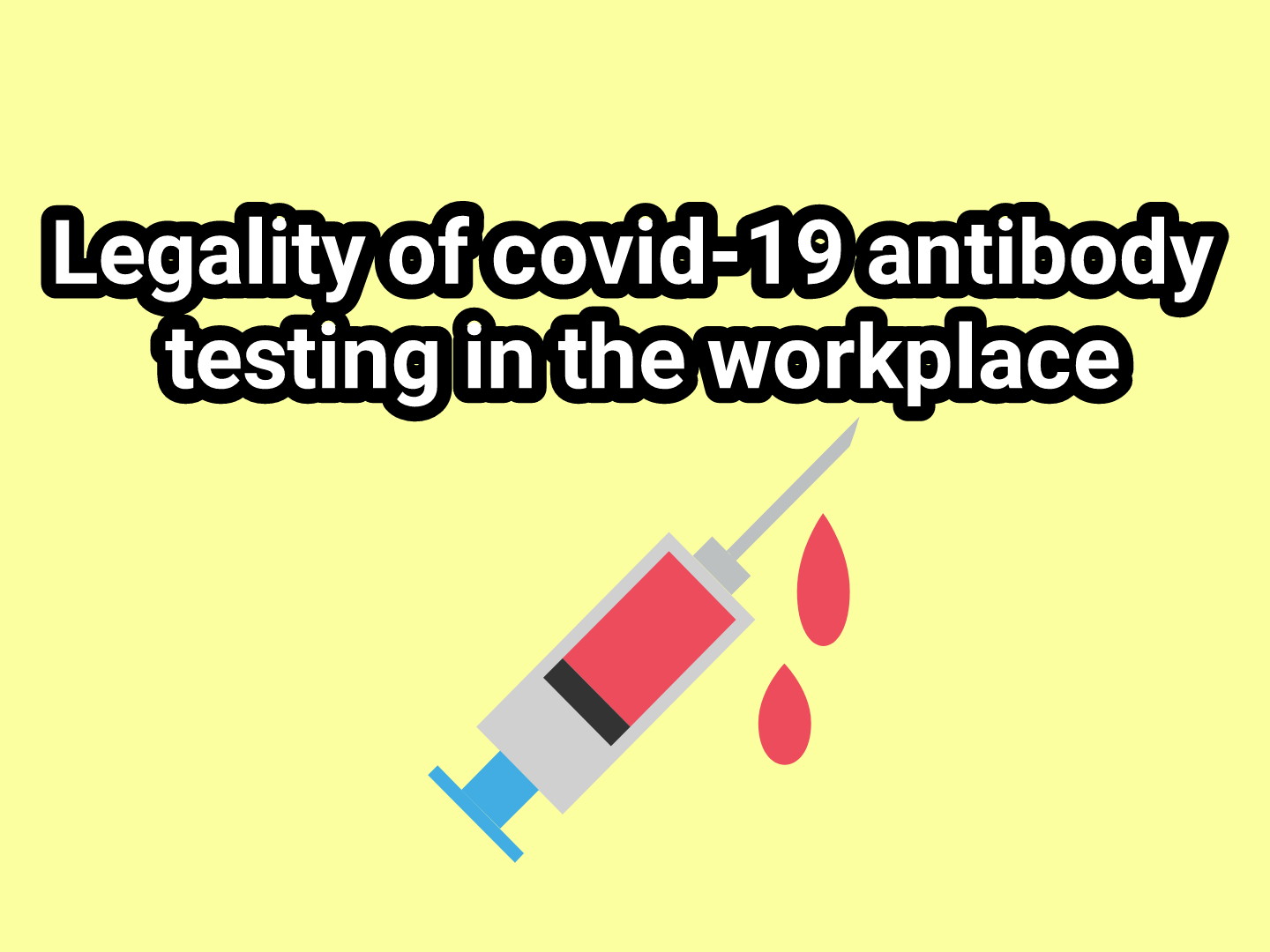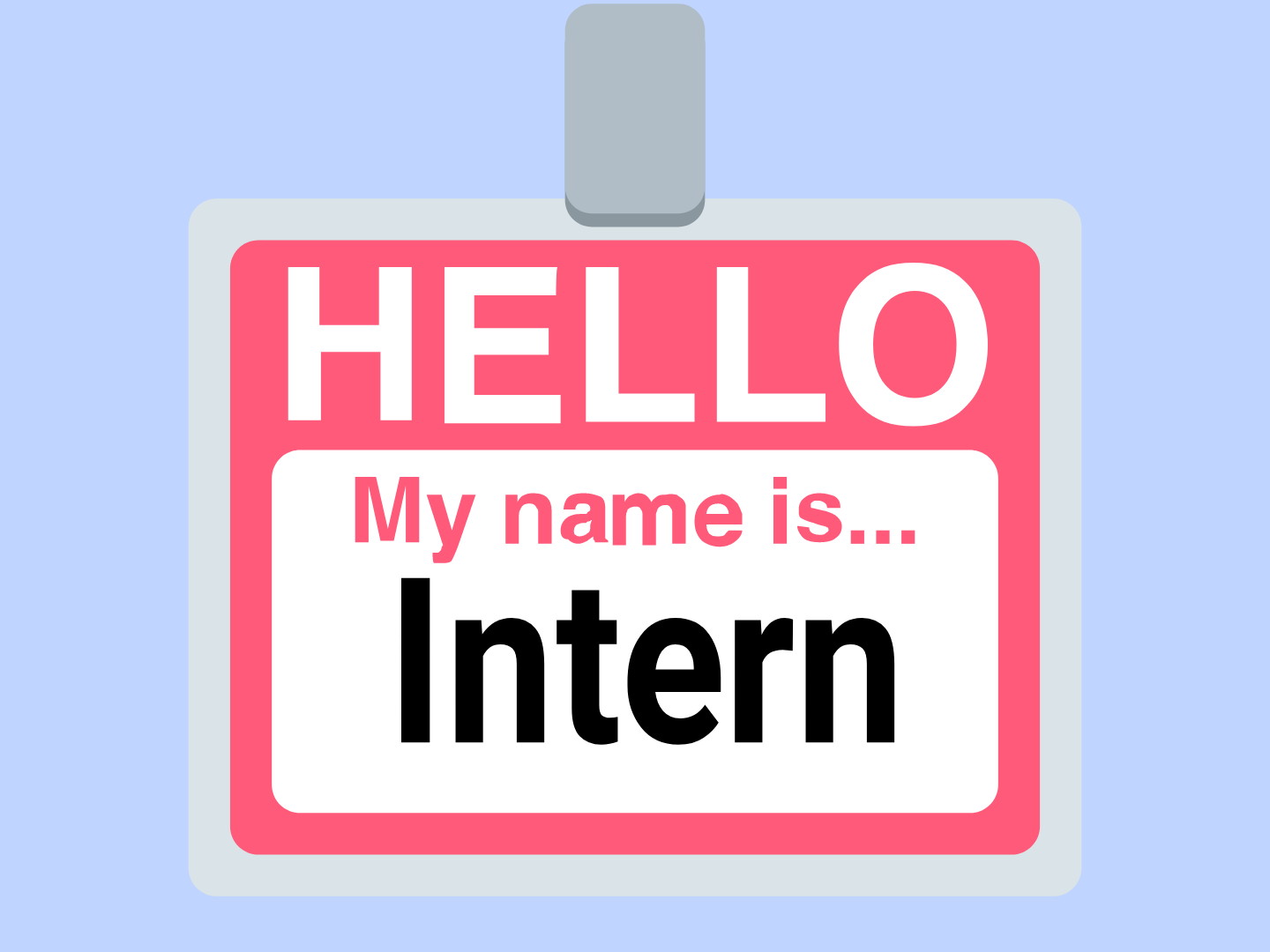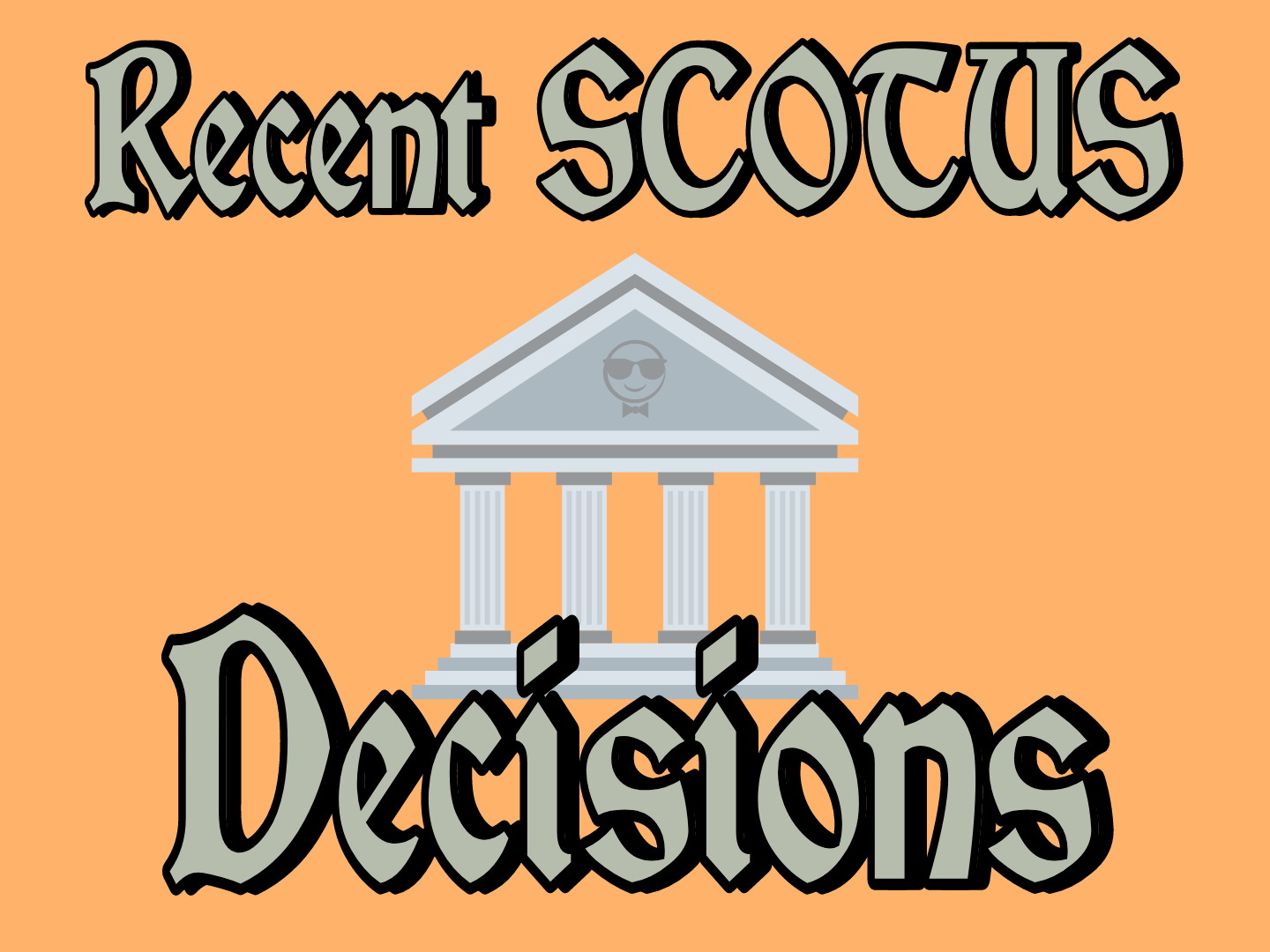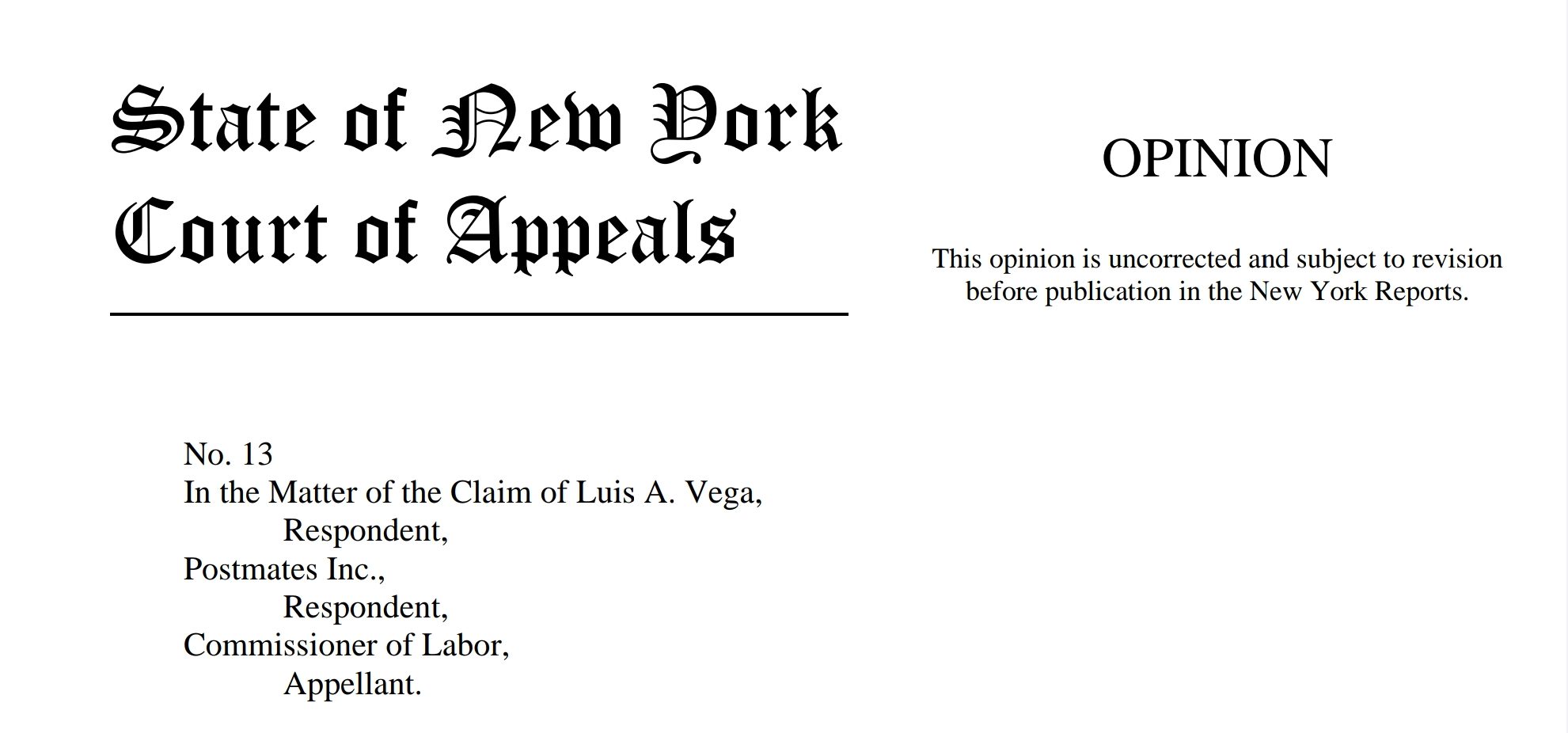From the beginning of the coronavirus pandemic, the civil rights lawyers at Famighetti & Weinick PLLC, have predicted that constitutional challenges to government covid-19 regulations would likely fail. Our videos and blogs have outlined some of our reasoning and earlier this month, partner Matt Weinick published an article further discussing the role of a 1905…
Continue reading ›Your Side










